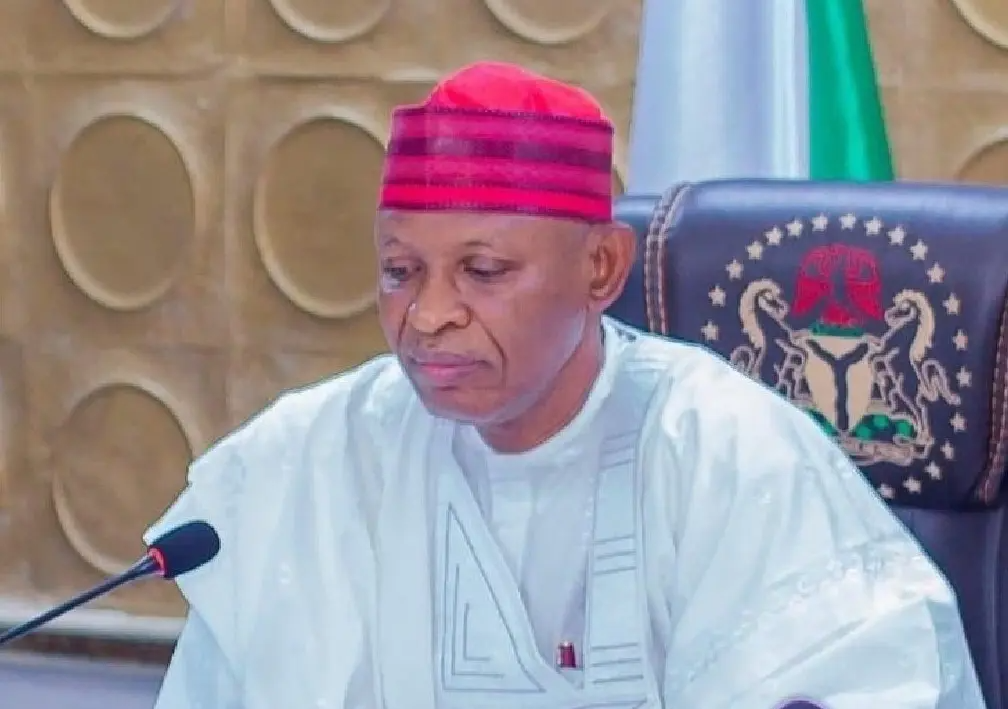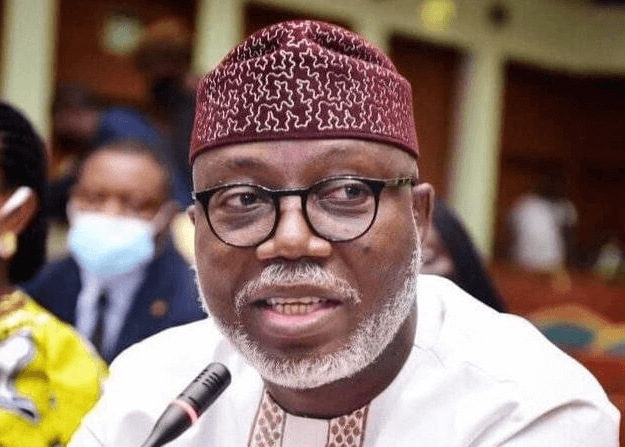Health professionals have called for increased budgetary allocation for public health to address the impact of the nation’s economic uncertainty on the sector and improve service delivery to the healthcare-seeking population.
According to them, the rising inflation in the country is increasing the cost of medical treatment and worsening health-seeking behaviour by forcing the vast majority of the population to opt for cheaper but ineffective options.
The professionals made this call at the opening ceremony of the 9th Annual General Meeting (AGM), and Scientific Conference of the Federal Medical Centre (FMC), Jabi, Abuja on Thursday.
The event was themed; “Crisis Response: Strengthening Healthcare Systems During Economic Uncertainty.”

CMD speaks
Speaking at the event, the Medical Director, FMC Abuja, Saad Ahmed, urged for lower tariffs on medical equipment imported into the country, noting that this would reduce the cost of treatment for patients who must incur out-of-pocket expenses to access medical care.
Mr Ahmed, represented at the event by Bioku Muftau, head of clinical services, also suggested investment in the local production of medical tools, noting that such will significantly address the high cost of importation and tariff.
Nigerians need credible journalism. Help us report it.
PREMIUM TIMES delivers fact-based journalism for Nigerians, by Nigerians — and our community of supporters, the readers who donate, make our work possible. Help us bring you and millions of others in-depth, meticulously researched news and information.
It’s essential to acknowledge that news production incurs expenses, and we take pride in never placing our stories behind a prohibitive paywall.
Will you support our newsroom with a modest donation to help maintain our commitment to free, accessible news?
He said, “There should be increased allocation to health. The budgetary funds at less than 6 per cent is inadequate to move the sector forward. We need to jack it up. Reducing tariffs on some imports can also help.’
Speaking further, he advised authorities, health providers, and professionals to invest more in the prevention of disease, saying this will keep people from having to make out-of-pocket expenses in the long term.
“We need to invest more in prevention, especially for immunisable diseases such as cholera, and measles, we need to prevent all that. By that, we would have solved about 60 per cent of the problem,” he said.
Increased insurance coverage
Also speaking, the Chairperson of the hospital’s chapter of the Medical and Dental Consultants Association of Nigeria (MDCAN), FMC Abuja chapter, Bessie Ezie, said the national health insurance coverage is poor, especially in consideration of the population of people in need of it.
She said the country is experiencing the worst kind of hardship it has ever known and that very few persons do not have to make out-of-pocket expenses for healthcare.
“The inflation rate is hitting the roof and this has taken a toll on the masses, affecting virtually every area of our very existence including health. The government of Nigeria has made efforts to reach the common Nigerian through the National Health Insurance Act. However, the percentage of Nigerians, especially the most vulnerable that have keyed into this remains a far cry.
“One wonders what our health indices will look like in a couple of years from now if the economic situation is not squarely addressed,” she said.
To provide support, the CMD’s representative at the event, Mr Muftau disclosed that FMC has dedicated a team to soliciting medical funds for those in its care who cannot afford the cost of the services they received or need.
“As health professionals, we also have to be our brother’s keepers. In this hospital, for instance, we formed a unit which seeks goodwill for well-to-do members of society to raise funds for the less privileged who cannot afford their hospital bills,” he said.
More suggestions
Also, the Medical Director of Alliance Hospital, Utabor Christopher, called for more supervision and attention on patent medicine and traditional medicine practitioners.
According to him, the recession is driving more population of the country to traditional medicine practitioners who provide them with cheaper options. He pointed out that an effective way to ensure the safety of the people is to effectively supervise the activities of the practitioners.
“It is safe to say they care for 50 per cent of the population right now,” he said.
He further noted that the overdependence of citizens on tertiary institutions for health issues that should be treated at the Primary Health Centres is proof that the country’s health system is in crisis.
READ ALSO: Delta enrols more than two million persons into health insurance scheme
This, he said, is why professional and political authorities must become more innovative.
“Innovation is important in a crisis. We cannot continue to do the same thing, the same old way. We must try out new methods and measures,” he added.
Support PREMIUM TIMES' journalism of integrity and credibility
At Premium Times, we firmly believe in the importance of high-quality journalism. Recognizing that not everyone can afford costly news subscriptions, we are dedicated to delivering meticulously researched, fact-checked news that remains freely accessible to all.
Whether you turn to Premium Times for daily updates, in-depth investigations into pressing national issues, or entertaining trending stories, we value your readership.
It’s essential to acknowledge that news production incurs expenses, and we take pride in never placing our stories behind a prohibitive paywall.
Would you consider supporting us with a modest contribution on a monthly basis to help maintain our commitment to free, accessible news?
TEXT AD: Call Willie - +2348098788999


















 English (US) ·
English (US) ·